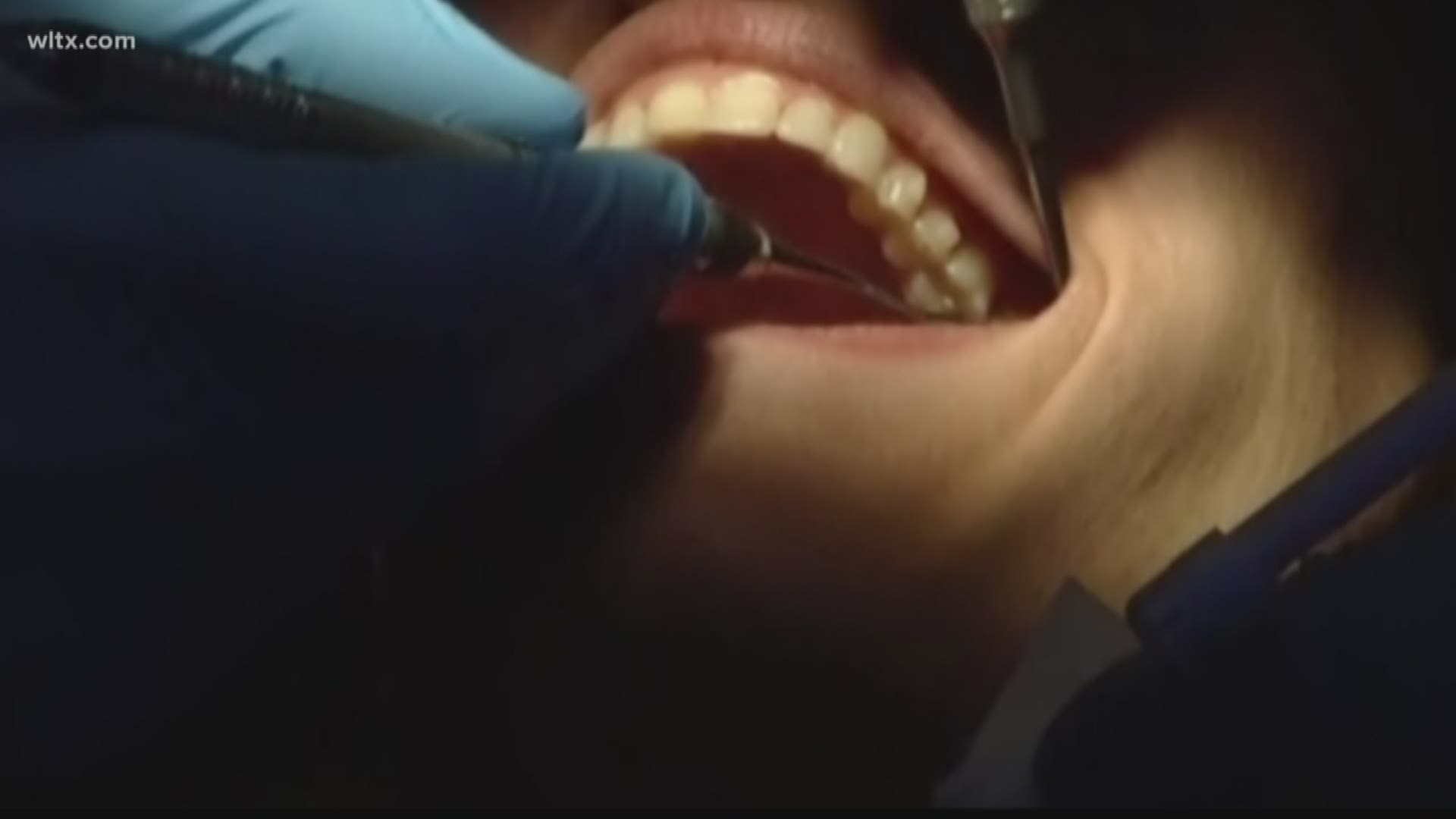Most people enjoy a big tub of popcorn when you go to the movies. Occasionally a corn kernel will get stuck. Getting popcorn or any food stuck in your teeth can be annoying.
However, for a 41-year-old man from the United Kingdom, it led to a serious health problem.
According to reports, the medical professionals who treated the British man say he almost died. The man tried a bunch of household items to remove the piece of corn including a toothpick, a pen cap even a metal wire and nail. Nothing seemed to work.
Before you worry about the time you experienced a similar problem, it wasn’t the popcorn that made him sick. It was the damage the man did to his gums with all those improvised dental tools.
It led to a gum infection, which led to a heart infection called endocarditis.
The link between oral health and overall health.
Endocarditis occurs when germs enter your bloodstream, travel to your heart, and attach to abnormal heart valves or damaged heart tissue. Certain types of bacteria cause most cases, but fungi or other microorganisms also may be responsible.
Usually, your immune system destroys harmful bacteria that make it into your bloodstream. Even if bacteria reach your heart, they may pass through without causing an infection. However, bacteria that live in your mouth, throat or other parts of your body, such as your skin or your gut, can sometimes cause serious infections like endocarditis under the right circumstances.
According to the Mayo Clinic, if your heart is healthy, you could be less likely to develop endocarditis, although it is still possible. The germs that cause infection tend to stick to and multiply on damaged or surgically implanted heart valves, or on endocardium that has a rough surface.
People at highest risk of endocarditis are those who have artificial heart valves, congenital heart defects, a history of rheumatic fever or intravenous drug use.
If left untreated, endocarditis can damage your heart and cause life threatening complications including, heart failure, stroke, seizure, paralysis, Pulmonary embolism, kidney damage and enlarged spleen.
In this case the British man had to have major surgery to fix two of his heart valves.
The bottom line, dental health is not just about appearance. Oral health has been linked with the health of internal organs.
Endocarditis Prevention.
You can help prevent endocarditis in several ways, including, brush and floss your teeth and gums often, and have regular dental checkups. Avoid procedures that may lead to skin infections, such as body piercings or tattoo.
Endocarditis can be difficult to diagnose because symptoms can vary from person to person.
See your doctor immediately if you develop a fever that won't go away, unexplained fatigue, any type of skin infection, or open cuts or sores that don't heal properly. Many cases of endocarditis are successfully treated with antibiotics. Sometimes, surgery may be required to fix damaged heart valves and clean up any remaining signs of the infection
Reportedly, this man did show signs of an infection and regrets waiting to see a dentist. His story is a tale of caution for everyone.
For more information click here.

